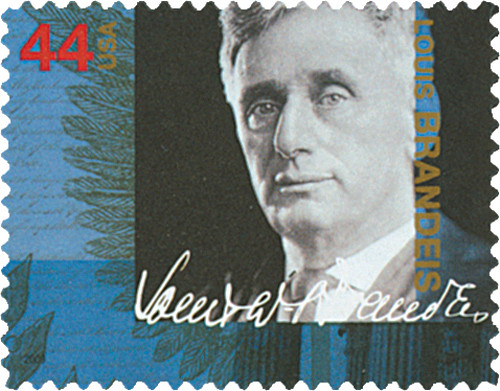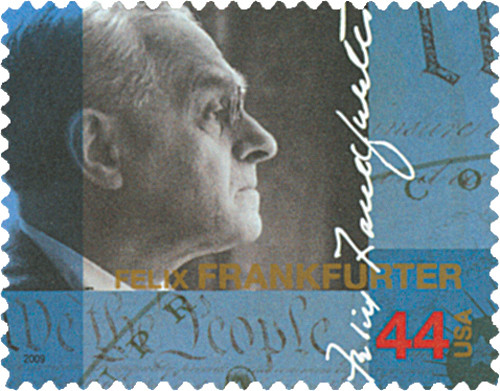
# 4422a FDC - 2009 44c Supreme Court Justices: Felix Frankfurter
Supreme Court Justices
Issue Date: September 22, 2009
City: Washington, DC
Birth Of Felix Frankfurter
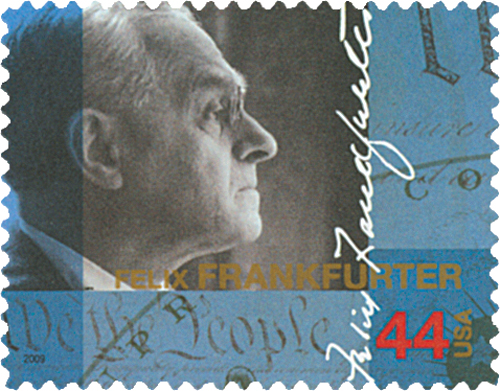
Associate Supreme Court Justice Felix Frankfurter was born on November 15, 1882, in Vienna, Austria-Hungary.
Frankfurter lived in Vienna until he was 12, when his family moved to New York City. He was a good student and enjoyed playing chess. Frankfurter also spent hours reading at The Cooper Union for the Advancement of Science and Art, and attended political lectures.

Frankfurter went on to attend the City College of New York. After graduating in 1902 he worked for the Tenement House Department to make money for law school. Once he had enough, he entered Harvard and became editor of the school’s law review. Frankfurter graduated first in his class and had one of the best student records since Louis Brandeis.

After receiving his law degree, Frankfurter joined a New York law firm. He became assistant to Henry Stimson, an attorney for the Southern District of New York. When Stimson was appointed secretary of War in 1911, he made Frankfurter a law officer in the Bureau of Insular Affairs. Frankfurter’s work caught the attention of his alma mater and he was hired to teach administrative law and criminal law at Harvard. During this time he also served as counsel for the National Consumers League.
After the US entered World War I, Frankfurter became special assistant to the secretary of War. He was also made judge advocate general, overseeing court-martials for the War Department. After the war, he helped found the American Civil Liberties Union (ACLU). He also returned to Harvard and fought for the rights of the oppressed and religious minorities.

After Franklin Roosevelt became president in 1933, Frankfurter became one of his most trusted advisors. Frankfurter also helped a number of young lawyers join Roosevelt’s New Deal activities, and they became known as “Felix’s Happy Hot Dogs.” After Supreme Court Justice Benjamin Cardozo died in 1938, Roosevelt selected Frankfurter as his replacement.
As a founding member of the ACLU and supporter of the New Deal, many believed Frankfurter would have a progressive influence on the Court. Instead, Frankfurter restrained from using personal views in his decisions and became one of the more conservative judges on the bench.
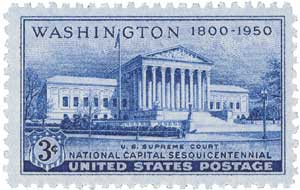
Frankfurter was a champion for judicial restraint, a principle that judges should not attempt to interpret the meaning or intent of the Constitution. Using restraint, judges follow a strict reading of the US Constitution and only strike down laws and overturn decisions that are inconsistent with its written words.
Following this philosophy, Justice Frankfurter often made rulings that conflicted with his personal convictions. But he believed strongly in the words written by America’s forefathers and once said, “As a member of this court I am not justified in writing my private notions of policy into the Constitution, no matter how deeply I may cherish them or how mischievous I may deem their disregard.” A liberal at heart and a conservative on the bench, Felix Frankfurter brought balance to the Supreme Court.
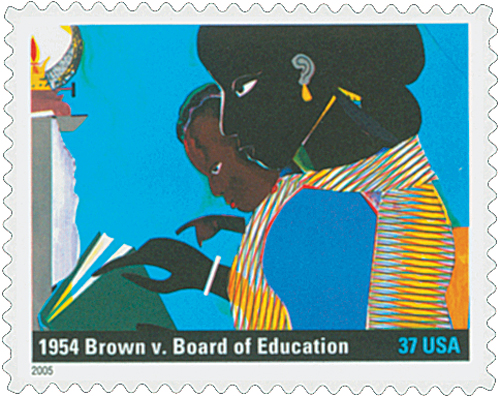
During his years on the court, Frankfurter wrote 247 opinions, 132 concurring opinions, and 251 dissents. Among some of the notable cases he heard were Brown v. Board of Education and Brown II. After suffering a stroke, Frankfurter retired in 1962. President John F. Kennedy awarded him the Presidential Medal of Freedom the following year. Frankfurter died on February 22, 1965.
Supreme Court Justices
Issue Date: September 22, 2009
City: Washington, DC
Birth Of Felix Frankfurter

Associate Supreme Court Justice Felix Frankfurter was born on November 15, 1882, in Vienna, Austria-Hungary.
Frankfurter lived in Vienna until he was 12, when his family moved to New York City. He was a good student and enjoyed playing chess. Frankfurter also spent hours reading at The Cooper Union for the Advancement of Science and Art, and attended political lectures.

Frankfurter went on to attend the City College of New York. After graduating in 1902 he worked for the Tenement House Department to make money for law school. Once he had enough, he entered Harvard and became editor of the school’s law review. Frankfurter graduated first in his class and had one of the best student records since Louis Brandeis.

After receiving his law degree, Frankfurter joined a New York law firm. He became assistant to Henry Stimson, an attorney for the Southern District of New York. When Stimson was appointed secretary of War in 1911, he made Frankfurter a law officer in the Bureau of Insular Affairs. Frankfurter’s work caught the attention of his alma mater and he was hired to teach administrative law and criminal law at Harvard. During this time he also served as counsel for the National Consumers League.
After the US entered World War I, Frankfurter became special assistant to the secretary of War. He was also made judge advocate general, overseeing court-martials for the War Department. After the war, he helped found the American Civil Liberties Union (ACLU). He also returned to Harvard and fought for the rights of the oppressed and religious minorities.

After Franklin Roosevelt became president in 1933, Frankfurter became one of his most trusted advisors. Frankfurter also helped a number of young lawyers join Roosevelt’s New Deal activities, and they became known as “Felix’s Happy Hot Dogs.” After Supreme Court Justice Benjamin Cardozo died in 1938, Roosevelt selected Frankfurter as his replacement.
As a founding member of the ACLU and supporter of the New Deal, many believed Frankfurter would have a progressive influence on the Court. Instead, Frankfurter restrained from using personal views in his decisions and became one of the more conservative judges on the bench.

Frankfurter was a champion for judicial restraint, a principle that judges should not attempt to interpret the meaning or intent of the Constitution. Using restraint, judges follow a strict reading of the US Constitution and only strike down laws and overturn decisions that are inconsistent with its written words.
Following this philosophy, Justice Frankfurter often made rulings that conflicted with his personal convictions. But he believed strongly in the words written by America’s forefathers and once said, “As a member of this court I am not justified in writing my private notions of policy into the Constitution, no matter how deeply I may cherish them or how mischievous I may deem their disregard.” A liberal at heart and a conservative on the bench, Felix Frankfurter brought balance to the Supreme Court.

During his years on the court, Frankfurter wrote 247 opinions, 132 concurring opinions, and 251 dissents. Among some of the notable cases he heard were Brown v. Board of Education and Brown II. After suffering a stroke, Frankfurter retired in 1962. President John F. Kennedy awarded him the Presidential Medal of Freedom the following year. Frankfurter died on February 22, 1965.










